Graduate Programs
-
Anthropology
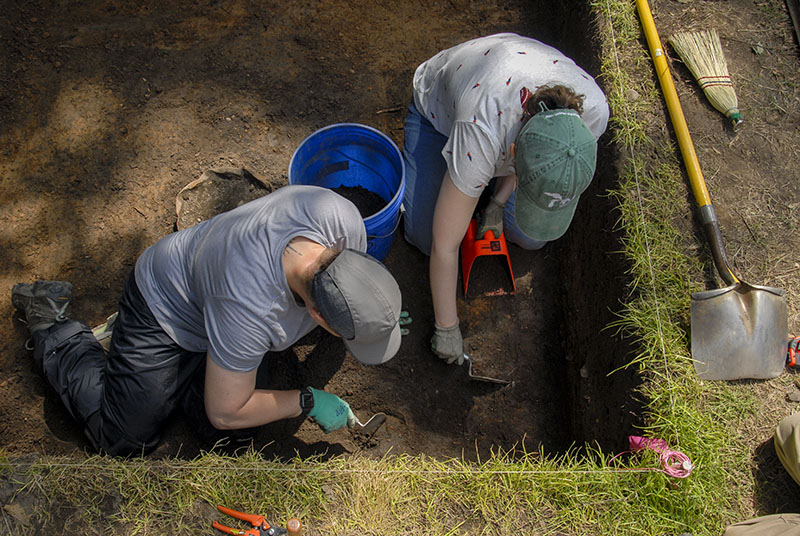


Anthropology takes culture as its central object of study, giving students a framework for viewing culture in the context of the natural world and evolutionary processes. Anthropologists also study the organization of social life, as well as symbolic and ideological systems. Anthropology views the world of human culture as a natural laboratory in which diverse historical experiments have occurred and are occurring.
PROGRAMS AVAILABLE
-
Chicano/Latino Studies
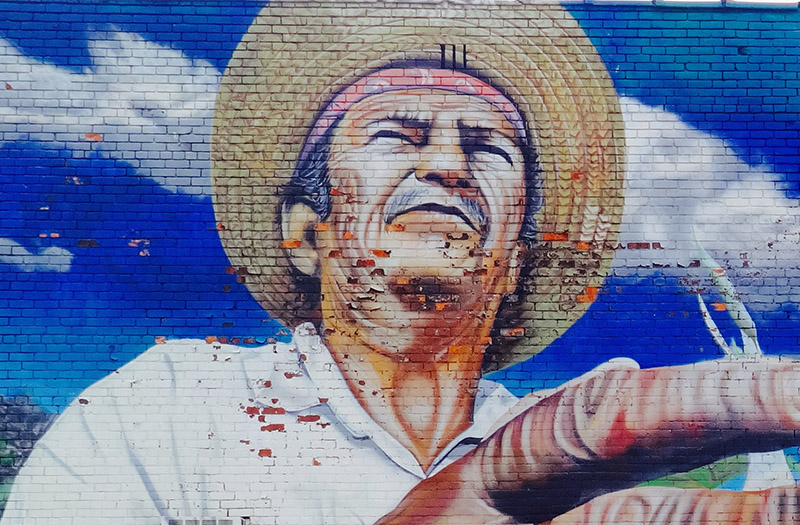


Chicano/Latino Studies is designed to help students to understand the multicultural dimensions of society; to gain knowledge of Chicana/o and US Latina/o scholarship and scholars; and to apply that knowledge to the study of Chicana/o and US Latina/o communities and life.
PROGRAMS AVAILABLE
- Chicano/Latino Studies (Grad Certificate|PhD)
-
Criminal Justice




Criminal justice is designed to prepare students for entry level positions in public and private agencies identified with criminal justice administration. Such agencies apprehend offenders, adjudicate alleged offenses, redirect emergent criminal careers, and promote industrial and commercial security. Such agencies also encourage and emphasize community responsibility for the success of their programs.
PROGRAMS AVAILABLE
-
Economics
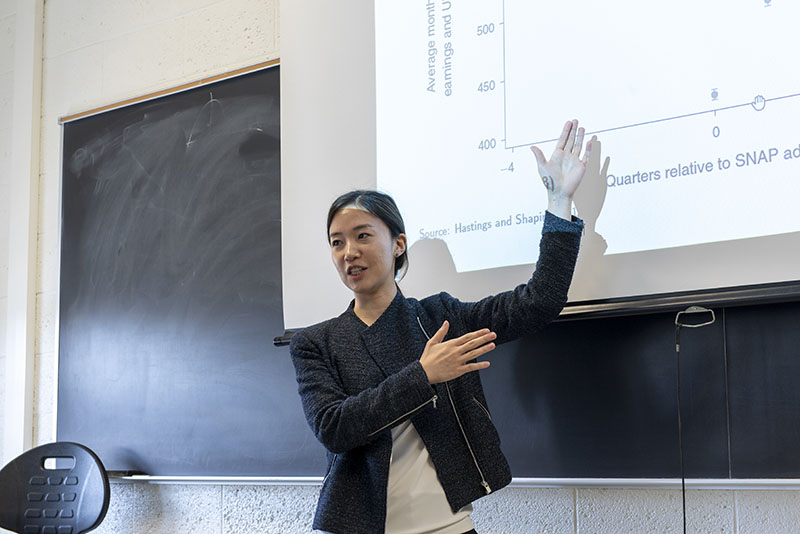

Economics is the study of how various entities make choices with scarce resources. Microeconomics focuses on the choices made by individuals and firms, and macroeconomics looks at the behavior of the economy as a whole. The study of economics is one of the most practical and adaptable disciplines. Those who focus on it gain a broad skill-set that can be utilized in complex and changing environments, and that can contribute to the understanding and improvement of lives at the individual, group, organizational, and societal level.
PROGRAMS AVAILABLE
- Economics ( PhD)
-
Geography, Environment, and Spatial Sciences
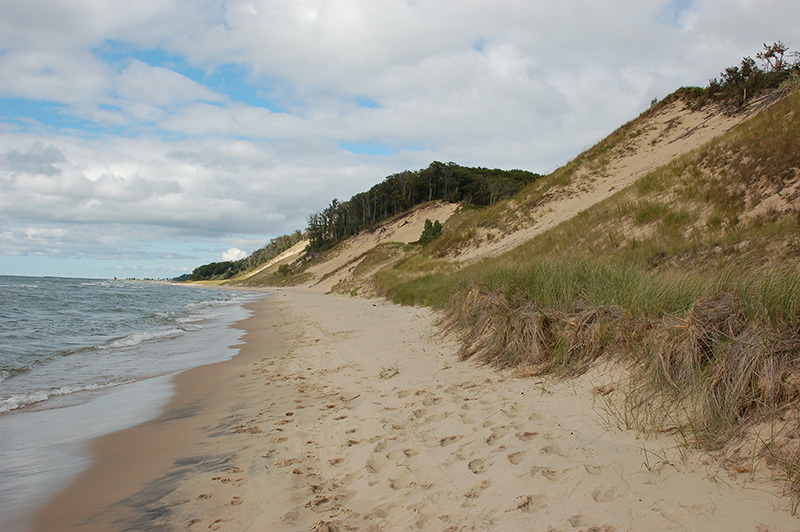


The discipline of geography, as the study of place and space, concerns itself with the analysis and explanation of the occurrence, distribution, and interrelationships of physical and cultural patterns on the earth’s surface. The discipline is also interested in how the earth’s physical and human landscapes change over time. Geography can be classified both as a social science and a natural science as it examines human beings and their environment and serves as a bridge between the physical and cultural worlds.
PROGRAMS AVAILABLE
-
History
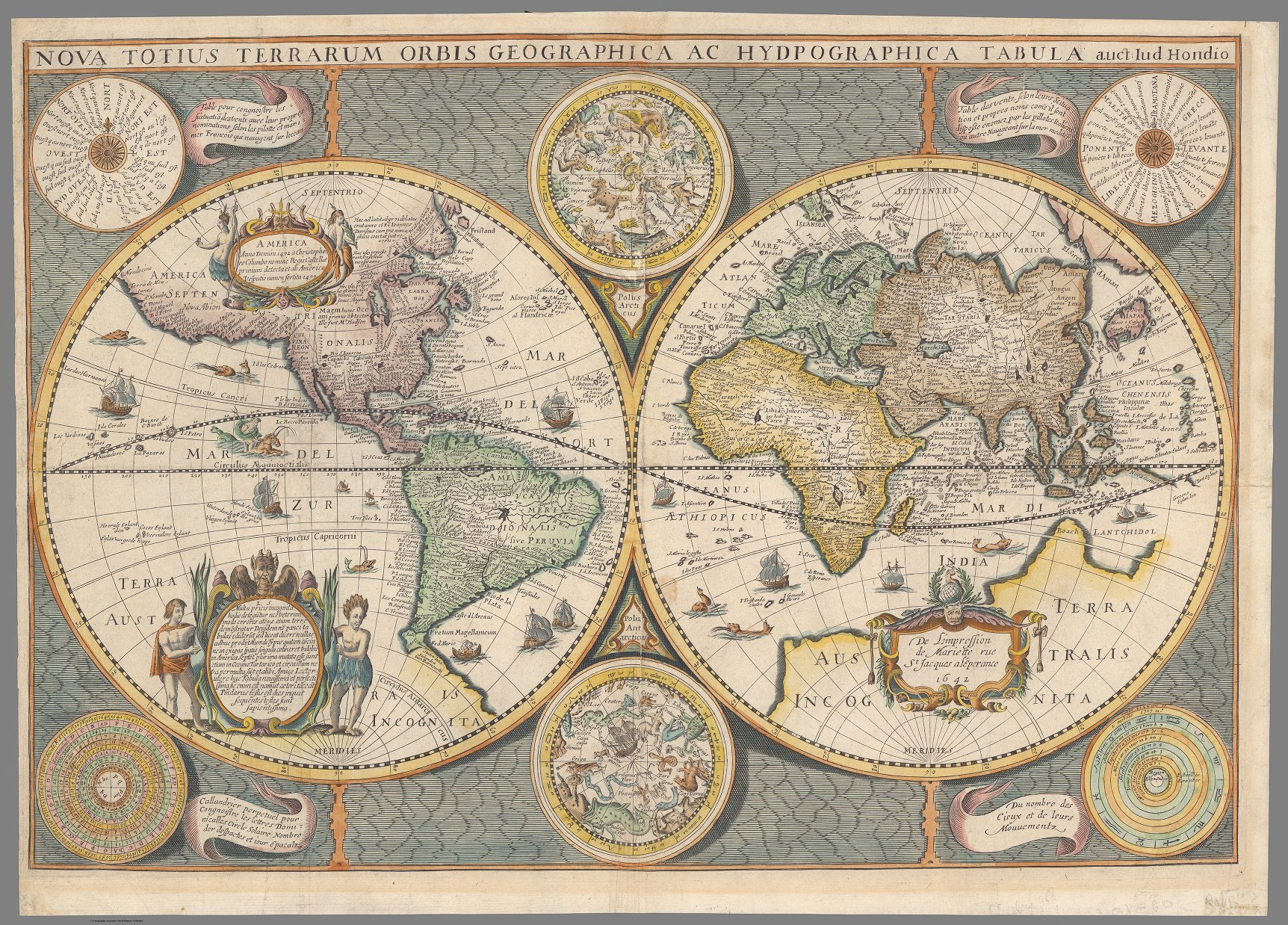


All courses in history have the goal of helping students learn how to think and write historically in a critical manner. History courses emphasize learning how to identify viewpoints, gather and organize information, present conclusions in essays and on the internet, distinguish facts from interpretations, recognize historical relationships and patterns, and appreciate the relevance of historical insight to the understanding of current events and problems.
PROGRAMS AVAILABLE
-
Human Development and Family Studies
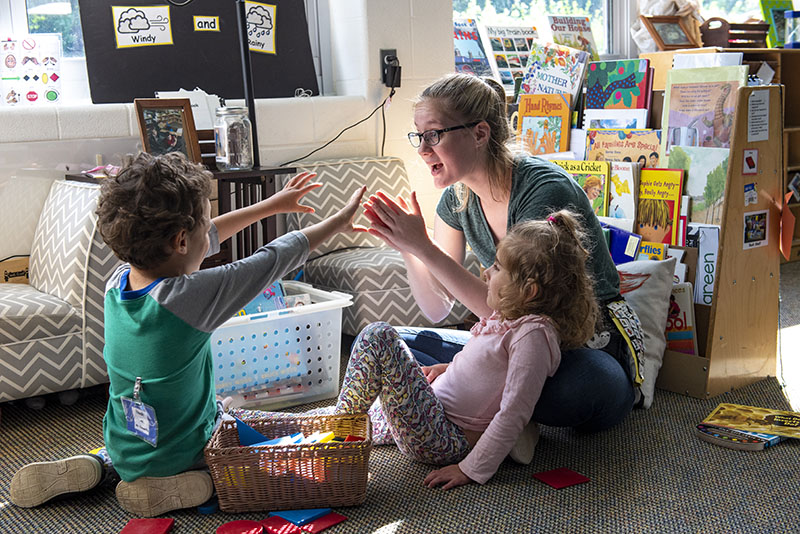


Areas of study include child development, youth development, lifespan human development and family diversity, family community services, and couple and family therapy. Knowledge of basic research and the application of research to improving the lives of individuals in the context of the family, the community, and policy are emphasized. Practical experiences in real-world settings are incorporated into all areas of study. The Child Development Laboratory and the Couple and Family Therapy Clinic are part of the department.
PROGRAMS AVAILABLE
-
Human Resources and Labor Relations
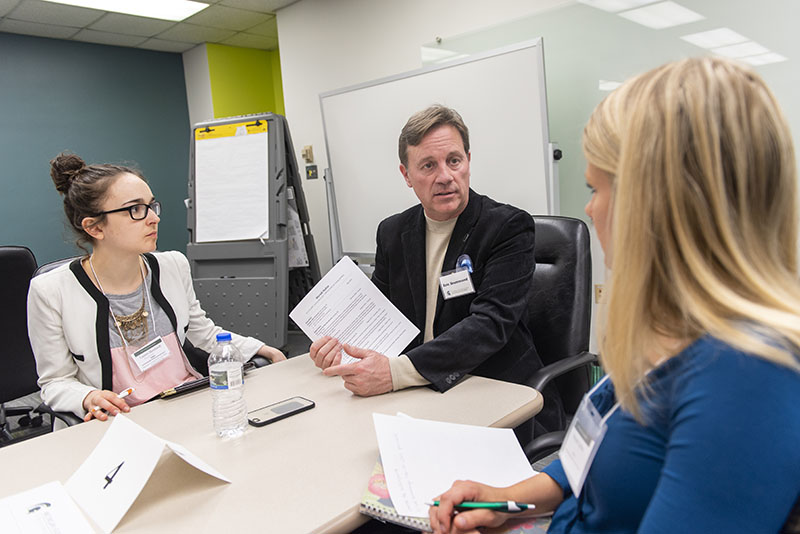


Through its research and educational programs, the School of Human Resources and Labor Relations advances knowledge and understanding of human resources and labor-relations within a global context. Offering a comprehensive understanding of the employment relationship, the program helps students develop critical thinking skills and learn essential problem-solving, social, emotional, and entrepreneurial skills for advancing the well-being and success of working people, organizations and communities worldwide.
PROGRAMS AVAILABLE
-
Political Science



As a science, political science is concerned with theories, research methods, and facts as they relate to understanding political processes and phenomena. In particular, political science studies the distribution of power in groups, parties, institutions, governments, and international organizations. As a field of study, political science asks who has power, how did they get it, and why the exercise of power benefits some more than others. On both the American and international stages, political science prepares students to confront vital issues, raise critical perspectives, and explore new methodologies in the study of the fundamental concepts of power and change.
PROGRAMS AVAILABLE
-
Psychology
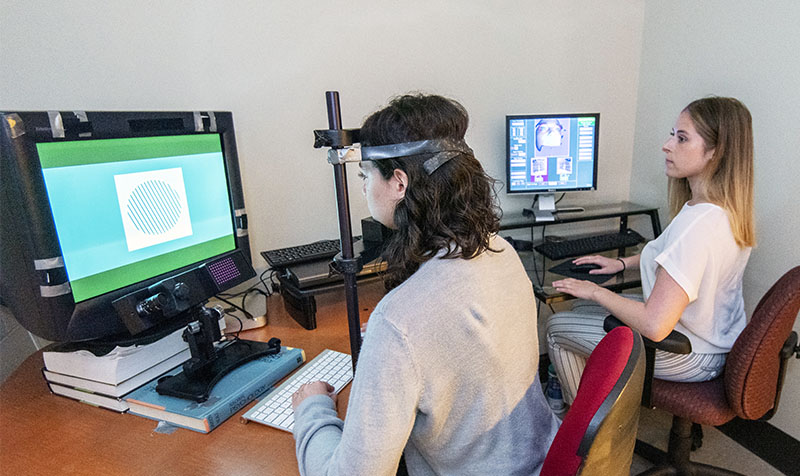




Psychology is a science concerned with thoughts, feelings, and behaviors. Psychologists study many topics including: how people perceive the world with their five senses; how people learn (and forget); how people relate to each other; how people develop their personalities; how people interpret and respond to social conditions; how organizations function; how to classify and understand the origins of psychopathology; how to intervene and treat psychological problems; how communities support health and well-being; and how non-human animal models can be used to understand human behavior.
PROGRAMS AVAILABLE
-
Social Work
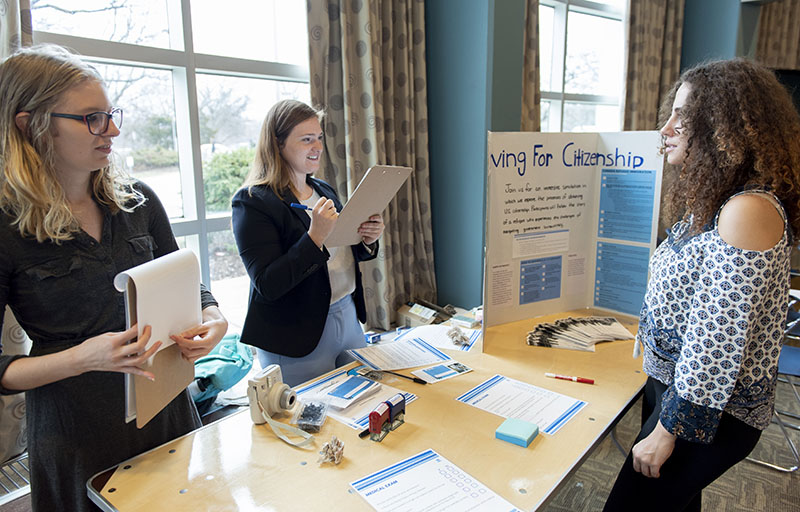


Social work is a profession that focuses on helping vulnerable and oppressed people improve their lives. Social work uses a wide range of approaches toward this end, with the intent of improving both personal life circumstances as well as the broader institutions and social forces that affect these populations. Our field stresses the interaction between the person and the person’s environment as we develop solutions. Social work is guided by a code of ethics that encompasses values fundamental to our practice, such as respect for diversity, self-determination, empowerment, and focus on the most vulnerable members of society.
PROGRAMS AVAILABLE
- Social Work (MSW)
- Social Work (PhD)
-
Sociology
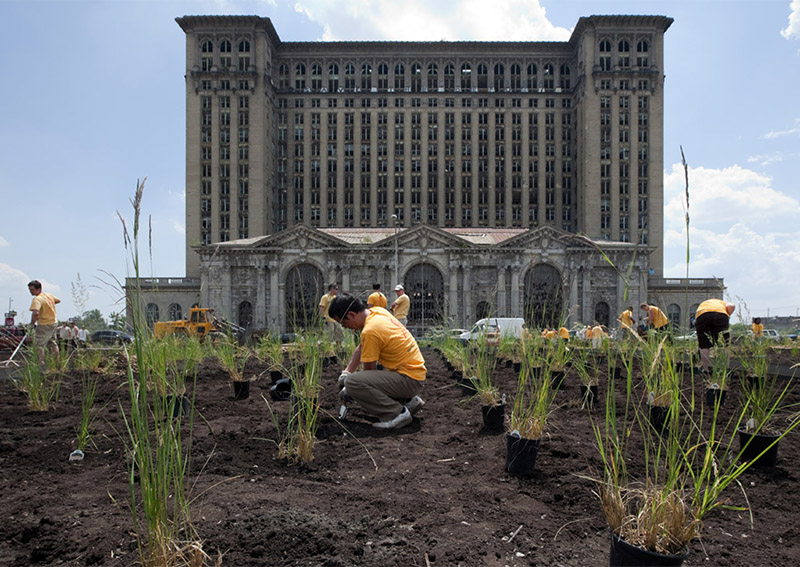

MSU sociologists develop and apply leading theoretical frameworks, rigorously employ a diversity of methodological approaches, and use foundational and cutting-edge analytical techniques. In the process, MSU sociologists not only contribute significantly to the disciplinary core, but they also extend disciplinary influence by advancing its frontiers.
PROGRAMS AVAILABLE
- Sociology (PhD)
Professional Licensure and Certification
Federal regulations require MSU to publicly disclose, for each educational program designed to meet the educational requirements for a specific professional license or certification required for employment in an occupation (or advertised as meeting those requirements), information about whether program completion would meet those requirements in a state.

